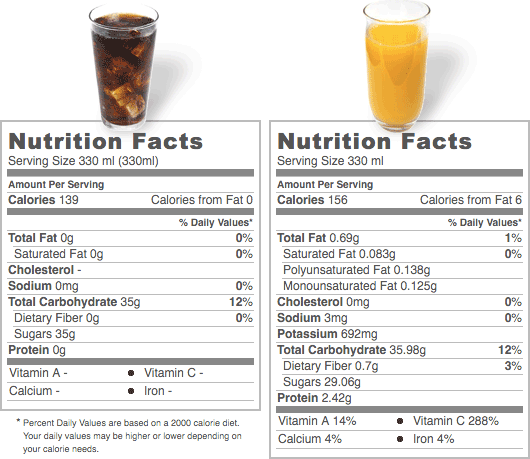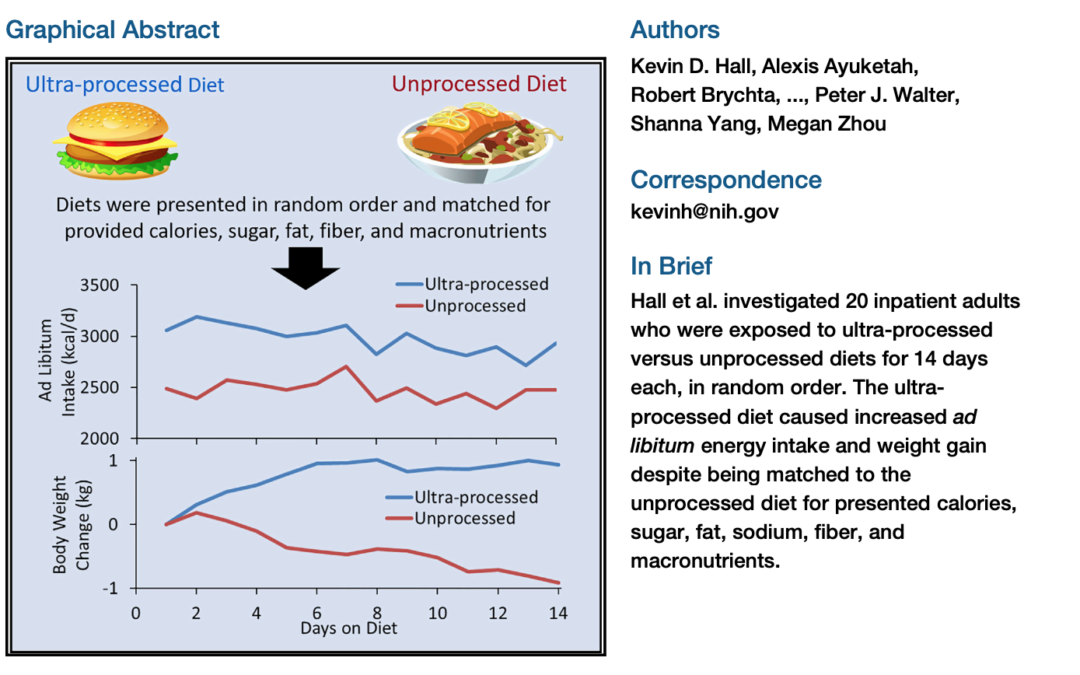
The Juice PR Machine
How scared is the juice industry? Nothing wrong with their making a critique, just remarkable to see what lengths they will go to squelch dissent.
From the resistance… a letter received from the Juice Products Association:
It’s a trend we are all seeing – more and more studies are being conducted and published without pre-specified analysis. Researchers test connections unsystematically and publish only positive results. Our standards for how we conduct and communicate nutrition research to the public are slipping.
Last week a study was published, by the British Medical Journal that suggests that drinking 100% juice is linked with an increased risk of cancer. As you know, a person’s health is dependent upon the totality of their diet and lifestyle – not one specific food or beverage. Studies such as this one do not prove cause and effect yet that is what headlines scream.
Furthermore, these results contradict several other studies, including large U.S. cohort studies, concerning 100% fruit juice consumption and cancer, which shows no association with increased risk. In fact, 100% fruit juices contain bioactive compounds that have been shown to have anti-carcinogenic properties in some studies, (Veselkov et al. Scientific Reports. 2019;9:9237).
There were a number of limitations with the NutriNet-Santé study published last week. These include, but are not limited to:
- The study is observational and, as such, is unable to show cause and effect, only associations.
- The study was based on a French cohort and not representative of US culture, dietary patterns and eating styles. It is also not indicative of typical consumption patterns seen in the United States regarding sugary drink consumption.
- Much of the data was obtained through self-reporting, which introduces errors
- The mean follow-up time (about 5 years) is very short for a cancer study
- These results cannot be applied to a general population as the cohort was overwhelmingly female (almost 79%)
Together, we can make our voices heard against bad science. I am commenting on news coverage regarding this study in order to educate the public and consumers who are confused about nutrition. I urge you to join me in speaking out against studies like this that are not based on scientific best practices and cause unnecessary consumer confusion.
For more information, visit SipSmarter.org. Please don’t hesitate to contact me directly if you have any questions, concerns, or need any other information. I would be happy to discuss.
Sincerely,
Diane Welland MS, RD
Juice Products Association
What about fruit juice?
Fruit Juices Are Basically Just Liquid Sugar
Fruit juice products are exploding and it seems like most people believe fruit juices are healthy…they come from fruit, so they must be OK?
Unfortunately, many of the “fruit” juice products you find in the supermarket aren’t even fruit juice, just fruit flavored beverages imbued with chemicals that taste like fruit. Many of these products are basically fruit-flavored sugar water.
Even if you’re drinking 100% fruit juice (organic, natural, made in your own juicer, blah, blah, blah), it is still a problem. Fruit juice often has had the fiber taken out or destroyed and the main thing left is the sugar, now concentrated. Despite their healthy image and brilliant marketing, many fruit juice products contain the same amount of sugar as sugar-sweetened beverages.
A typical glass of orange juice contains 4 oranges. One serving of orange juice (an 8-ounce glass) contains 22 grams of sugar. By comparison, 8-ounces of Dr. Pepper (pick your soda) contains 27 grams of sugar.
One simple solution is not to drink your calories. Eat whole fruit – with the fiber. Try “spa water” recipes that use small amounts of fruit for flavoring. And when you absolutely need some juice, than make it a small glass.
How many oranges have you consumed in one sitting? The fiber in whole fruit increases satiety and also helps to metabolize the sugar in healthy ways. Since our diet is already so overloaded with sugar, big blasts of sugar tend to be bad for our metabolic health.





Recent Comments